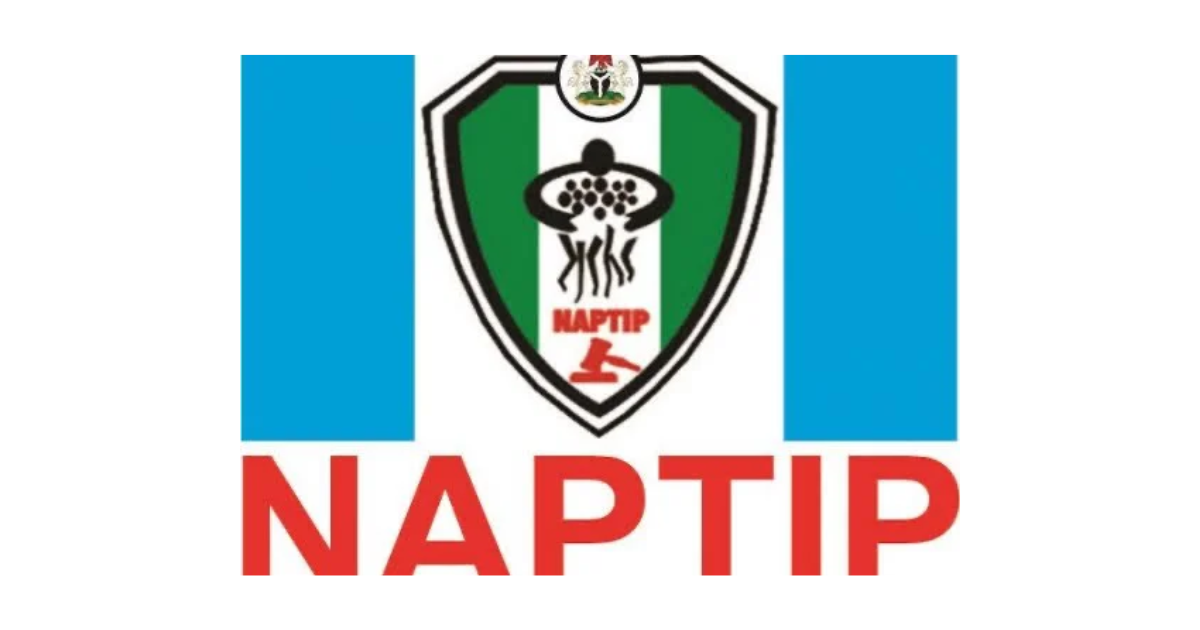Trends show that victims that come to the “TRNC” with student visas are deceived by agents that are used as a shield by the traffickers.
Nigeria’s National Agency for the Prohibition of Trafficking in Persons – Press Release, 2 August 2022
In a media release on 2 August 2022, Nigeria’s National Agency for the Prohibition of Trafficking in Persons (NAPTIP) warned of sex trafficking between Nigeria and Northern Cyprus (or the Turkish Republic of Northern Cyprus), noting that agents in Nigeria target young women using the opportunity for university study to lure them in. The full statement is below:
“The National Agency for the Prohibition of Trafficking in Persons (NAPTIP) and the Human Rights Platform, a Turkish based Human Rights group have raised Concerns on the new Human Trafficking Syndicates operating between Nigeria and the Turkish Republic of Northern Cyprus (TRNC).
Human traffickers promise young Nigerians university education and work opportunities in TRNC. However, once the students arrive at the territory, they are locked up in private apartments and forced into prostitution. According to the hotline data of the Human Rights Platform, Nigerians form 70% of the human trafficking cases, from November 2021 to date, and all are victims of sex trafficking.
According to the Human Rights Platform, “In March 2020 “TRNC” criminalized human trafficking, but the authorities are reluctant to investigate such cases. There is absolutely no legal framework that protects and assists human trafficking victims and there is no shelter. Hence, victims are often exploited for months with no access to law enforcement. Even in rare cases, they are rescued, they are left with no assistance and protection from the authorities.’’
The Human Rights Platform is currently the only organization that provides legal assistance and support to the victims. Trends show that victims that come to the “TRNC” with student visas are deceived by agents that are used as a shield by the traffickers. Most times, a Nigerian trafficker would approach the victims in Nigeria either face to face or online and convince them to travel to the “TRNC”.
In addition, students should make sure that they have the financial means to cover all their university fees and living expenses, since the country is currently suffering from economic crises and job opportunities for students are dire.
The Rights group however, advised anyone who finds themselves in an exploitative situation in the “TRNC”, to reach out to them through their hotline line on +905428620060.
The Turkish Republic of Northern Cyprus (“TRNC”) has not been recognized by any country except Turkey. It is a territory that is largely isolated from the world because it is not recognized as a sovereign state. The country also struggles to implement the minimum human rights standards in many areas because of insufficient resources, capacity, and engagement with the international community. The economy is based on two major sectors; tourism and education.
TRNC which has a population of about 326,000 currently has 22 operating universities. However, the education sector carries significant risks according to the latest cases in relation to human trafficking. The student visa regulations are not stringent compared to other countries. As such, students can receive visas mostly with just a proof of university registration. It has been understood that the human traffickers have been abusing this procedure and contacting Nigerians, especially young women, to deceive them into going to “TRNC”.
NAPTIP therefore, warns Nigerians who are being approached to travel to Northern Cyprus for university education to exercise extreme caution as most of those offers are from human traffickers who are capitalising on the loose visa procedures to traffic them to that country.“
Emerging markets – managing education agent risk
A combination of demographic and socio-economic factors in Nigeria has placed it high on the list of emerging international student source markets. An ApplyBoard article in April 2022 asked “Is Nigeria the next major market for international students?“
Working with education agents is a common way for educational institutions to penetrate emerging international student markets. A well planned and executed international student recruitment strategy based on partnership with agents can work really well. But working with agents always comes with risks. An unprofessional or dishonest education agent can cause life-changing harm to students and their families.
Institutions seeking the enrollment and revenue benefits that flow from a successful education agent recruitment channel also bear the responsibility of taking reasonable steps to ensure that their recruitment supply chain is ethical. Rigorous initial and ongoing due diligence on education agents is critical to protect students.
Institutions working with agent aggregators should dig behind the ubiquitous aggregator statements of “our recruitment partners are vetted” and test what that actually means. Our earlier post “5 questions to ask an education agent aggregator about their sub-agents” provides a framework for educational institutions to seek assurance from an aggregator on their sub-agent due diligence processes.
Education Agent due diligence – implement best practice
AgentBee’s education agent due diligence solution supports educational institutions to implement best practice education agent due diligence processes.
Educational institutions can use it to:
- do due diligence on education agents – check new agents before agreeing to work with them, and run regular checks on current agents.
- protect your brand – detect cases of unauthorised agents using your institution’s name, logo or other IP without permission.
Liked this post?
Please share this post on with your networks using the buttons on the left. Thanks!
Get an email when we add new content to the blog – click here to subscribe
Source: NAPTIP
